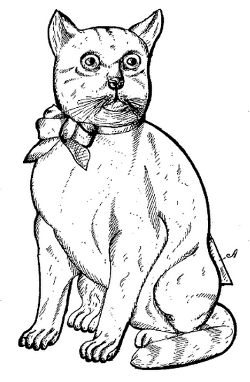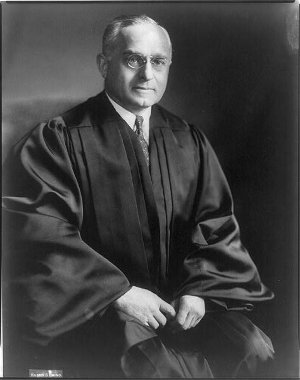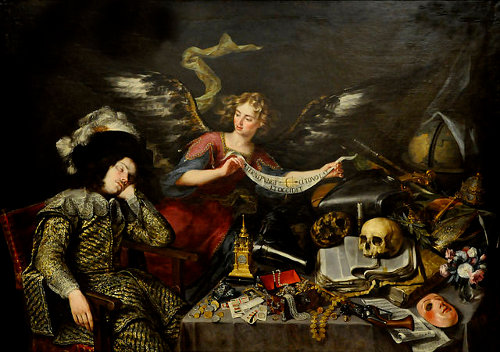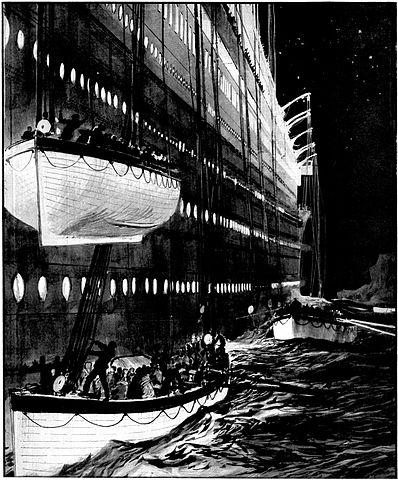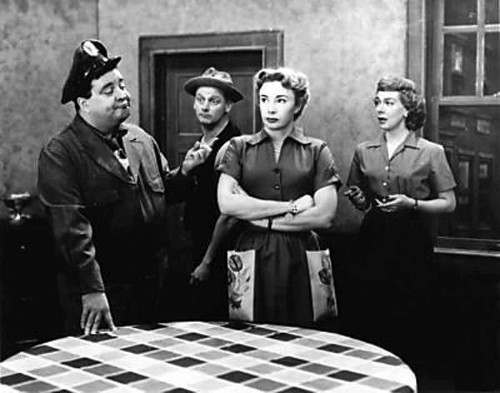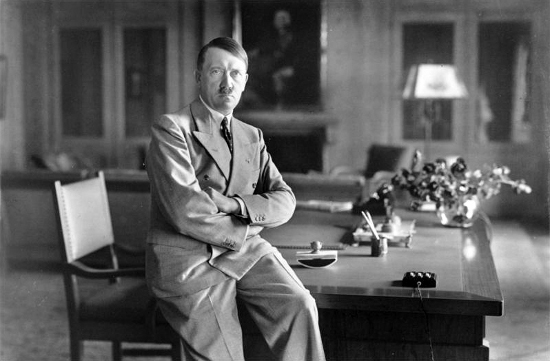
In April 1935 a 29-year-old Berlin mother sent Adolf Hitler a humorous narrative — her 7-year-old daughter had fallen in love with him:
Aribert stood there flabbergasted and speechless. ‘You don’t want to marry our Hitler?’ ‘Just Hitler, no one else, the little girl says proudly. ‘I want no other husband.’ …
Little Gina stands in the middle of the room, furious and offended. ‘You don’t have to shout so stupidly, I’ll get him. Right now he still doesn’t have time to get married; but when I’m grown up, everything will already be going much better, and then he won’t have so much to do. Then I’ll become his wife.’
‘But, Gina,’ says the father, smiling. ‘He doesn’t know you. You don’t know whether he would love you or not.’ ‘He has already loved me as long as you have,’ the little lady says boldly. And then she cries in rage and bitterness: ‘All his men have got wives and children, he is the only one who is all alone. I love him so much, and I am so sorry for him.’ …
‘Hmm, are you happy too, Daddy,’ Little Gina says, giving her father a sideways glance, ‘when everybody else gets something wonderful and you are the only one who doesn’t? Are you really happy then, without being sad, because you haven’t got anything?’ …
‘But he also has to have someone who really and truly loves him. When I am his wife, then I shall set the table for him, he will always have flowers, and I shall caress and kiss him.’ …
Gina’s father put her to bed, and her brothers danced around the family’s garden, singing:
Gina wants to marry Hitler
ohoho!
Gina will someday be his wife
ohoho!
In June Albert Bormann replied, “Your nice, lively little episode has given the Leader real pleasure. The Leader wishes to thank you for the birthday greetings that you sent at the same time.” In August the family sent flowers and a letter from Gina: “We wanted so much to see you. I love you so much. Please write to me.” She signed it “Your Gina.” He never responded.
(From Henrik Eberle, ed., Letters to Hitler, 2007.)
